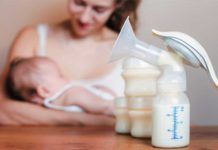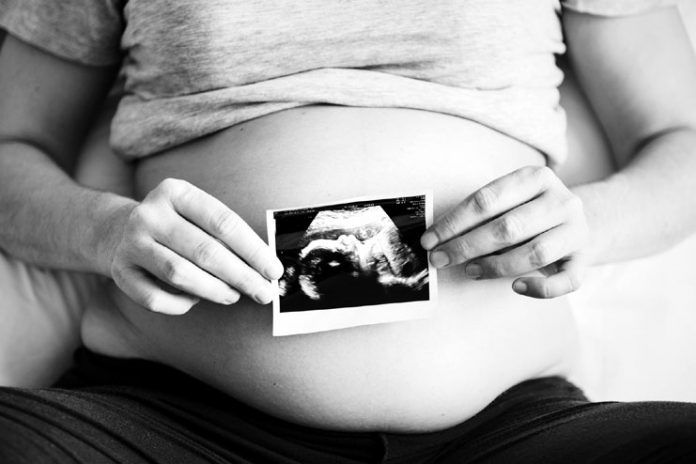Affiliate Disclaimer
Some links in this article are affiliate links. We may earn a small commission if you make a purchase through these links, at no extra cost to you. We only recommend products we find useful to our readersAutism is one of those genetic disorders that are affecting more and more children with each passing day. With so many possibilities and the developmental delay that it brings along, it isn’t surprising that scientists are working day in and day out to find better ways to prevent this or at least mitigate the condition.
A new study (R) conducted by the researchers from the University of Cambridge suggest that the heightened levels of estrogen levels in the womb during pregnancy could be a possible marker for the induction of autism in the child. The findings of the study were published in the esteemed journal of Molecular Psychiatry.
This new study also projects a positive light on the prenatal sex steroid theory of autism that was published two decades back. Further studies are still in progress to shed some better understanding surrounding the same.
It was back in 2015 when a group of scientists from the University of Cambridge as well as the State Serum Institute of Denmark collected samples and measure the levels of four distinct prenatal steroid hormones. Two out of those did include androgens present in the amniotic fluid in the womb of the mother.
They later discovered that the levels of the same were a lot higher in the male fetuses that were later diagnosed with autism. The one thing they did notice was the fact that the secretion and levels of these androgens were a bit higher in the male fetuses in comparison to the female fetuses. This could also be an explanation as to why the condition of autism is more prevalent in boys.
With basis from the previous study conducted back in 2015, the same group of researchers collaborated together to test the amniotic fluid samples of 98 different individuals. The samples were extracted from the Danish Biobank which has been collecting amniotic fluid samples of over 100,000 pregnant women till date.
This time around, the main focus of the researchers was to focus on the levels of estrogen in the amniotic fluid of the mother. The main reason behind digging out this study is because of the fact that some of the detected hormones in the previous study have been reported to direct convert into estrogen.
Upon looking through the results, the scientists did find a significant elevation in the levels of four types of estrogen in the amniotic fluid in the 98 samples that were tested out during the recent study. The elevated levels of the estrogen were the ones who were later diagnosed with autism as well.
The researchers also did find that the high likelihood of the oestrogens in the amniotic fluid is more likely to cause autism in the fetus than to the ones which had higher levels of androgens in the womb. While majority of the people do have these beliefs that oestrogen is only associated with feminization, the same, in the prenatal stage, has been found to have major impacts on the brain growth as well as end up masculinising the brain as well in the process.
Professor Simon Baron-Cohen, Director of the Autism Research Centre at the University of Cambridge, who is also the lead author of the study and is also behind the prenatal sex steroid theory in autism suggested saying that this specific study does clarify the fact that the prenatal sex steroid hormones are possibly one of the most important and impactful causes behind the induction of autism. It doesn’t need second thoughts on the fact that genetics is yet another one of the possible conditions and the high levels of the hormones, paired with the genetics can have impacts on the fetal brain development on the whole.
Alex Tsompanidis, a PhD student in Cambridge, a co-author on the study also said that the high levels of the hormone can stem from the mother, the baby or even the placenta. The next step with this study that the researchers are looking into is to establish all the possible sources and also find how they interact during the pregnancy term.
Dr Alexa Pohl, who is another part of the team of researchers from the Cambridge University, said that this specific study is quite exciting because this angle with the possible trigger being estrogen for the condition of autism is the first one around. They hope that they can unravel better findings through this and even a possible way to handle the condition, if such situations arise. The researchers also need to test out whether the similar impacts are prevalent in the autistic females/
Given that these are such preliminary findings, the researchers have strictly banned anyone from using these findings as a possible screening for the condition of autism. The main objective that the lead author shared is the fact that they are looking into studying and knowing more about autism and not preventing it.































